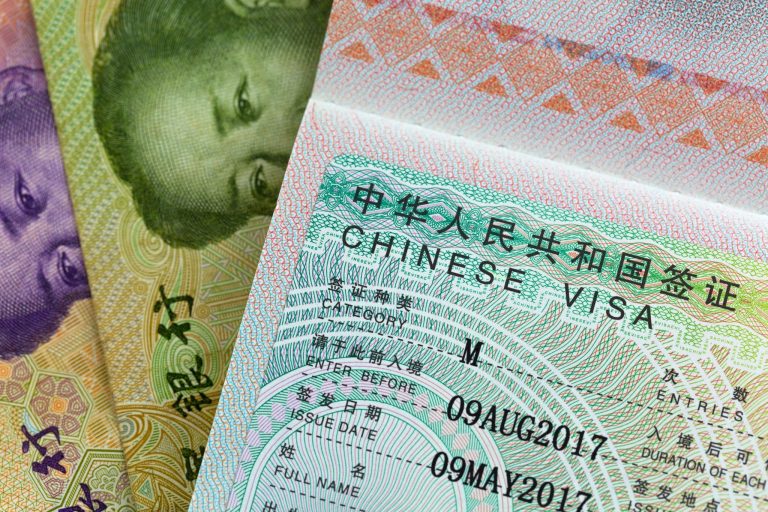
In a move to boost tourism and trade, China has announced that it will waive visas for more European countries starting from April 1, 2024. The new policy will allow citizens of 15 European countries to visit China for up to 30 days without a visa, as long as they have a valid passport and a return ticket.
The 15 countries that will benefit from the visa waiver are: Austria, Belgium, Czech Republic, Denmark, Estonia, Finland, France, Germany, Hungary, Latvia, Lithuania, Luxembourg, Netherlands, Poland and Sweden. These countries join the existing list of 10 European countries that already enjoy visa-free access to China: Albania, Bosnia and Herzegovina, Bulgaria, Croatia, Cyprus, Greece, Malta, Romania, Serbia and Slovenia.
According to the Chinese Ministry of Foreign Affairs, the visa waiver is aimed at promoting people-to-people exchanges and cooperation between China and Europe. It is also expected to increase the number of tourists and business travelers from Europe to China, which has been hit by the global pandemic and trade tensions in recent years.
Register for Tekedia Mini-MBA edition 19 (Feb 9 – May 2, 2026): big discounts for early bird.
Tekedia AI in Business Masterclass opens registrations.
Join Tekedia Capital Syndicate and co-invest in great global startups.
Register for Tekedia AI Lab: From Technical Design to Deployment (next edition begins Jan 24 2026).
The visa waiver is also seen as a gesture of goodwill from China to Europe amid the ongoing negotiations for a comprehensive agreement on investment (CAI), which has been stalled by human rights and labor issues. The CAI is intended to create a level playing field for European and Chinese investors and to open up new opportunities for market access and cooperation.
The visa waiver is welcomed by many European travelers and businesses who see China as an attractive destination for leisure and commerce. However, some critics have raised concerns about the security and privacy risks of traveling to China without a visa, especially in light of the recent crackdowns on dissent and the surveillance system in the country. They also question the sincerity of China’s outreach to Europe and its commitment to uphold the values and standards of the CAI.
Taiwan defense minister refuses to engage in arms race with China.
Taiwan’s defense minister, Chiu Kuo-Cheng, has reiterated his country’s commitment to peace and stability in the region, while rejecting the idea of engaging in an arms race with China. In a recent interview with the BBC, Chiu said that Taiwan does not seek confrontation or provocation, but rather seeks to maintain a sufficient and credible deterrence against any potential aggression from Beijing.
Chiu’s remarks come amid rising tensions across the Taiwan Strait, as China has increased its military activities and pressure on the island, which it considers a renegade province. China has repeatedly warned that it will not tolerate any attempts by Taiwan to declare formal independence and has not ruled out the use of force to achieve its goal of reunification.
Taiwan, on the other hand, has insisted on its sovereignty and democratic values, and has sought to strengthen its ties with like-minded countries, especially the United States.
According to Chiu, Taiwan’s defense strategy is based on three principles: first, to prevent war; second, to defend the homeland; and third, to counterattack if necessary. He said that Taiwan does not intend to match China’s military spending or capabilities, which would be unrealistic and unsustainable, but rather to focus on developing asymmetric and innovative ways to counter China’s advantages. He also said that Taiwan welcomes international support and cooperation, but ultimately relies on its own people and forces to defend itself.
Chiu also expressed his gratitude to the US for its continued arms sales and security assistance to Taiwan, which he said have helped enhance Taiwan’s defense capabilities and confidence. He said that Taiwan hopes to deepen its partnership with the US in various fields, including intelligence sharing, joint training, and research and development. He also said that Taiwan is willing to work with other countries in the region to uphold the rules-based international order and to safeguard the freedom and openness of the Indo-Pacific.



